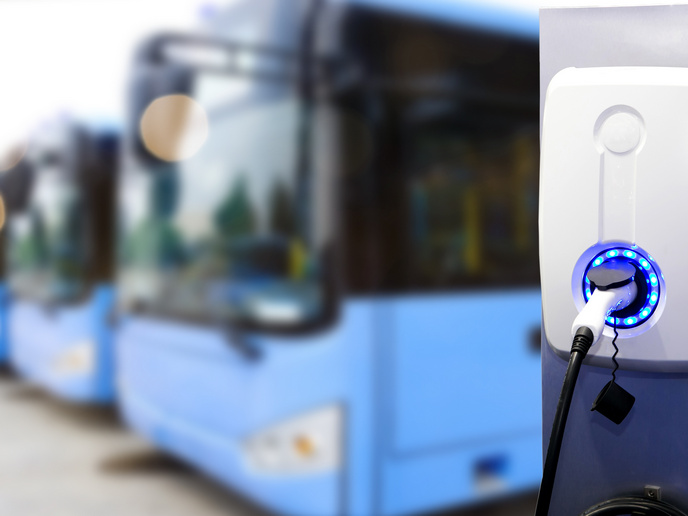Digital solutions to drive greener energy and mobility
With the threats posed by climate change ever more visible, the need for viable solutions has become urgent. There is growing consensus that decarbonising our energy and mobility systems can play a critical role in mitigating some of the worst impacts. To this end, the EU-funded ENERGY ECS(opens in new window) project was launched with the aim of reducing dependence on fossil fuels, and helping the transition towards more sustainable energy systems, particularly in mobility. “Our primary objective was to accelerate the digitalisation of energy and mobility systems through advanced technologies in electronics, components and systems (ECS),” explains project coordinator Ksenia Avetisova, strategy development lead at Tietoevry(opens in new window) in Finland. “This in turn should help to enhance European innovation, as well as manufacturing capabilities.”
Drones, autonomous vehicles and energy harvesting
To achieve this, the project focused on bringing digital solutions to seven use cases(opens in new window). These included new logistics modes, bidirectional grid charging, and safe autonomous driving. The project team also looked to foster new business models in the energy and mobility sectors. One use case looked into innovative ways of charging drones, in order to expand their geographic range. The project used the roofs of e-buses as docking stations to draw energy from and travel between destinations, as well as independent photovoltaic-based charging stations for remoter areas. Another use case tested autonomously driven e-buses capable of finding their way back to charging stations. Enhanced solar energy harvesting to improve the battery life of smart containers was also examined. A photovoltaic unit combining different solar cell technologies was tested to ensure the technology could survive in harsh transportation environments.
Advances in digital technologies for mobility
These use cases produced a number of impressive results(opens in new window). “We were successful in developing an innovative drone docking station and automatic landing system,” says Avetisova. “We also developed an ultra-low power memory chip for internet of things (IoT) applications, and an award-winning(opens in new window) smart, self-sustainable temperature-controlled airline container. Energy harvesting was demonstrated to power commercial tyre sensors.” Significant advances were made in autonomous vehicle technology, including high positioning accuracy through advanced sensors, a fully integrated lidar, and a new wireless charging system for drones. New software for more efficiently managing smart grids was also developed.
Commercialising technically viable prototypes
Avetisova and her project partners are confident that the project will help Europe achieve its green energy transition and contribute to Europe’s energy resilience goals. The team was able to show for example that drones can be safely integrated with buses for safer urban operations, and that smart containers can be made more efficient. “The project resulted in 20 scientific publications, 36 intellectual property rights, and the development of 16 new products and services,” notes Avetisova. “Seven products have been commercialised, contributing to the creation of over 100 new jobs.” The project also advanced smart grids with bidirectional charging and renewable integration, improved fuel efficiency through smart tyre monitoring, and enhanced energy efficiency in autonomous electric vehicles. “Future plans include commercialising technically viable prototypes and scaling up business models,” adds Avetisova. “We hope to achieve the next level of innovation by partnering with European organisations and research institutions, and to roll out these solutions on the global scale.”







